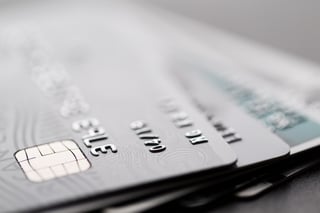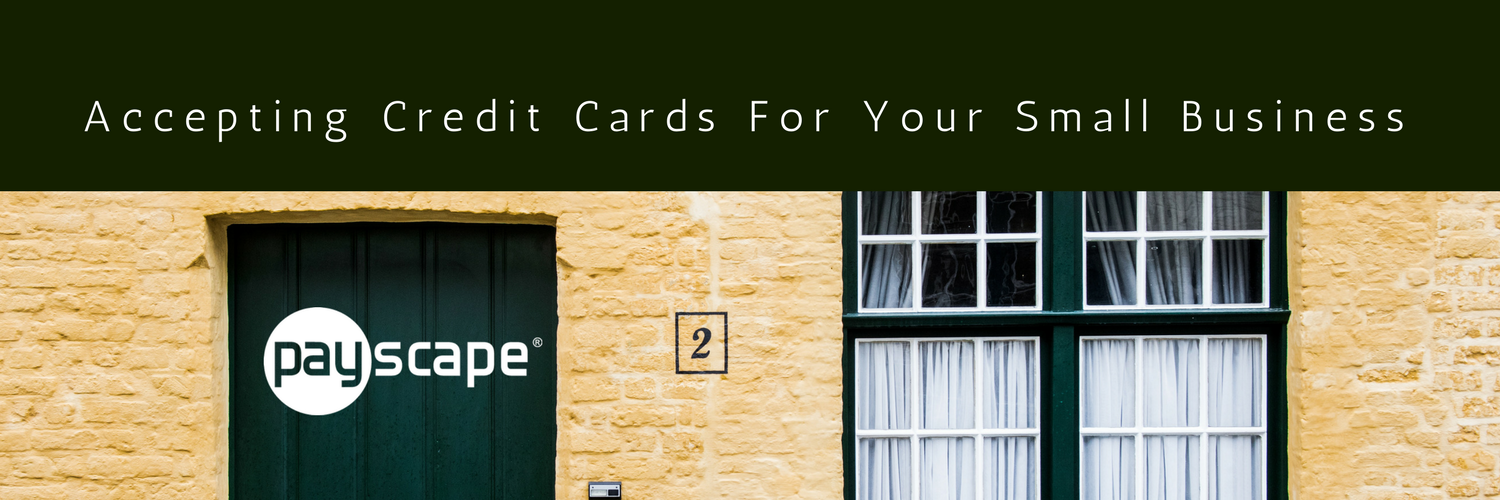Being somewhat confusing, credit card processing gets a bad wrap, and in a way, it is, but for good reason. For every honest person spending an honest dime on your small business’s goods or services, there is someone trying to get one over on you. This leaves everyone along the way - banks, processors and merchants like you - vulnerable and liable.
That’s why it’s vital that you do your research and only work with reputable institutions through every step of the the process. Our goal as a fintech company is to walk you through some of the most common questions we hear from small business owners looking to accept credit cards. Let’s start with the basics.
How does accepting credit cards work?
 It seems simple. A customer walks in. They want to buy something, and they hand you a credit card. You swipe it. Wait. BOOM. Transaction complete. They’re happy and you’re on the road to riches.
It seems simple. A customer walks in. They want to buy something, and they hand you a credit card. You swipe it. Wait. BOOM. Transaction complete. They’re happy and you’re on the road to riches.Unfortunately, it’s not so simple.
For every credit transaction, there are 4 players making everything possible:
● Credit Card Networks: Think Visa, MasterCard, American Express. These are the companies that create and manage the credit card networks. They get the sticker on the door.
● Issuers: Working with the networks are institutions that issue the credit cards. These are banks like Wells Fargo, Suntrust, etc. You likely have a few in your wallet right now.
● Merchant Service Providers (ISO’s): These are the messengers between merchants and credit card networks. They make sure everything hums along. They are the ones in the trenches who manage the actual credit card processing and provide sales and support to merchants. Payscape is a good one ;)
Here is what is actually happening when your customer swipes their card.
 First, the merchant swipes the card. The merchant then submits the transaction via the payment gateway. The payment gateway secures the transaction and moves everything to the processor. From the processor the payment is verified through the credit card network and the customer’s bank. The bank then approves or denies the transaction. If approved, the customer's bank then transfers the money to the credit card network who sends to the merchant bank. The merchant account is notified through the gateway that the charge has been approved. All this happens in a matter of seconds, millions of times across the world each day.
First, the merchant swipes the card. The merchant then submits the transaction via the payment gateway. The payment gateway secures the transaction and moves everything to the processor. From the processor the payment is verified through the credit card network and the customer’s bank. The bank then approves or denies the transaction. If approved, the customer's bank then transfers the money to the credit card network who sends to the merchant bank. The merchant account is notified through the gateway that the charge has been approved. All this happens in a matter of seconds, millions of times across the world each day.Now that we know how everything works, let’s focus on who this can be helpful for.
Taking credit cards extends your opportunity for sales as it’s the preferred method of payment for most modern consumers. Also, you don’t have to worry about providing change, counterfeiting, balancing your register and the other thousand headaches that come with running a cash business. Even if you’re not a “traditional business” you likely still need to transact, and credit processing would be a perfect fit. Here are some examples of organizations that should be using a payment processing solution.
Places you’d expect to take credit cards:
● Retail Shops
● Restaurants
● Hotels
● Ecommerce Shops
● Medical Practices
Places you wouldn’t expect to take credit cards, but should:
● Schools
● Churches
● Non-Profits
● Law Firms
● Agencies & Consultancies
Whether it’s a purchase, tuition, donation, invoice, or copay, it can and should be paid for by a credit card, and the only thing stopping you from making more money is finding someone who can help you set up your payment system, which leads to the next question...
What equipment do I need to take credit cards?
 There are a lot of point of sale (POS) systems on the market. There’s also a lot that goes into a POS system, so choosing a vendor that provides everything you need to get going is a must for your small business. If you do not need a POS system, you can use a virtual terminal.
There are a lot of point of sale (POS) systems on the market. There’s also a lot that goes into a POS system, so choosing a vendor that provides everything you need to get going is a must for your small business. If you do not need a POS system, you can use a virtual terminal.You need a card reader, right? Almost everyone does. But do you also need a cash drawer and a receipt printer? If you plan on using a tablet-based solution, it’s not going to stand up on it’s own, get a stand. Say you have everything you need equipment-wise, now what? You’re going to need someone to set it up and provide training. If there are issues moving forward, you’re going to need ongoing support and maintenance. You’re going to need dozens of things that you won’t see until they’re problems.
You can address these issues before they become problems by partnering with a reputable Merchant Service Provider. They’ll take care of most everything. That leaves the smart small business owners with two questions they should be asking:
● Which Merchant Service Provider do I choose?
● Should I lease or buy my equipment?
The answer to #1 is easy - Payscape. Why? Service and expertise. Question #2 depends on your needs and goals. Lease Options provide flexible terms and lower up front fees while purchasing gives you ownership and an edge on total savings over time.
POS Option Breakdown: https://payscape.com/pos-systems/
Both options can also give you access to robust employee management features. This allows managers to set employee transaction permissions and track shifts. While you are getting a payment solution, you’re also getting a suite of tools built to make your entire job easier.
So how do I begin to accept credit cards for my small business?
There are two basic ways ways to do this.
The Hard Way
Step 1 - Secure a merchant gateway (Vendor 1)
Step 2 - Research rates, banks, best practices, ISOs (Vendor 2)
Step 3 - Buy and setup POS (Vendor 3)
Step 4 - Deal with all 3 vendors when something goes wrong.
The Easy Way
Use Payscape and have a dedicated rep that is always there and has your best interest in mind.
I already take credit cards. Could I get a better rate?
The short answer here is depends. The long answer is your rate is a small part of your solution, and you should be looking at total costs and savings. Ask yourself, is rate more important than service?
Credit cards are notorious for the associated fees that merchants pay. For example, you may visit a gas station that won’t take American Express. It’s not because they don’t like American Express, it’s likely because they are trying to avoid the higher fees that their cards carry. For the purposes of this article, we are going to discuss two types of fees associated with transactions: wholesale fees and markups.
● Wholesale Fees: These are set by the credit card associations (Visa, MasterCard, American Express) and are non-avoidable and non-negotiable.
● Markups: Markups are also non-avoidable andare where your credit card processor makes their money. Payscape offers modest fees and make sure our agreements are put into terms that are agreeable easy to understand.
Because every merchant is different, we offer are different pricing models built to suit your particular needs and qualifications. If you find yourself doing more volume than anticipated, we’ll be there to offer terms that are appropriate for the business you’re running.
Will these solutions scale as my business grows?
We have been throwing the term “small business” around quite a bit, but these ideas apply to businesses of any size. You need to get paid, and finding a partner that can make that happen in a secure and cost effective manner is paramount to your growth.



